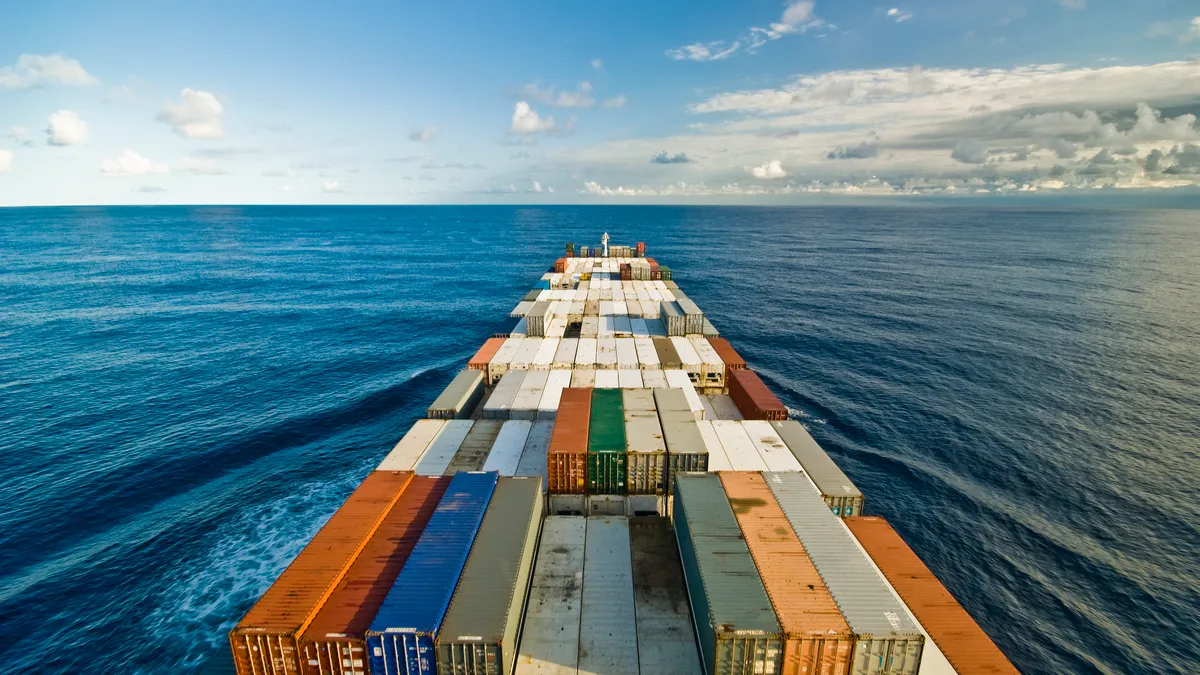Dive Brief:
- Escalating trade tensions between the United States and China could hit the U.S. recycling industry. China announced new tariffs on 106 American products, including plastics, as reported by CNBC. The U.S. is adding tariffs to machinery and molds the domestic industry uses, as reported by Plastics News.
- Final enforcement dates and rates have not been set, but both countries are looking at a tariff of 25%. "While we're confident in the plastics industry’s ability to handle these changes, these proposed tariffs are already causing global market anxieties and will disrupt the supply chains of companies large and small if they take effect," Plastics Industry Association CEO William Carteaux said in a statement.
- The Institute of Scrap Recycling Industries (ISRI) said in an update Chinese tariffs on aluminum could apply to cargo that is already en route, but the organization has not received confirmation from the Chinese government.
Dive Insight:
About a month ago, some in the industry were saying the waste sector may be insulated from the effects of President Trump's tariffs on steel and aluminum — yes, prices may increase, but capital expenditure happens early in the year, so the purchasing of trucks, containers and equipment was likely front-loaded. Rising metal prices would not materially hit companies until 2019.
But that is no longer the only issue at stake. Trump's tariffs could make plastic manufacturing in the U.S. more expensive, meaning domestic manufacturers may be purchasing less feedstock from recyclers. China's tariffs on aluminum could be especially damaging. Even though there is a large domestic capacity for aluminum recycling, the U.S. exported over $1 billion-worth of aluminum scrap to China in 2017. With Chinese tariffs of 25% on imported aluminum, it is quite possible that Chinese buyers will be less likely to look toward American sellers.
And, while the U.S. government is acknowledging Chinese restrictions as a foreign trade barrier, most signals point to the situation not improving. China continues to seize "smuggled waste" and has recently called U.S. and EU requests to revise or halt implementation of its new standards and bans "illegitimate." The recent tit-for-tat on trade will almost certainly make any conversations around easing contamination standards less likely to happen. Instead of hoping to repair the damage with China, it may be time for U.S. recyclers to turn inward, focus on quality and find alternative markets.














